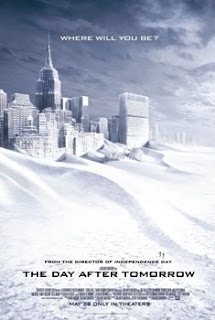 |
| Lapedusa/NormanEinstein-CreativeCommons |
Even before this tragedy, immigration has been increasingly a controversial issue in Europe. Last June, the Transatlantic Trends Survey found that 58 per cent of Europeans found their governments were doing a bad job managing immigration: Italy was the highest with 83%, followed by Spain (74%), the United Kingdom (72%), Sweden (64%), France (59%), and the Netherlands (54%.)
The BBC's Newsnight program just broadcasted a poignant video (with a cartoon to mimic the voyage of a surviving Palestinian family escaping Syria, first to Egypt and Libya, and then trying to get to Lampedusa.) In a nutshell, it shows......







